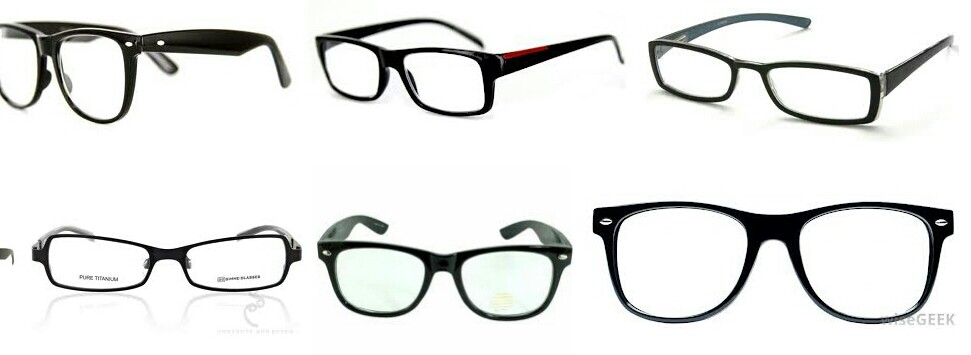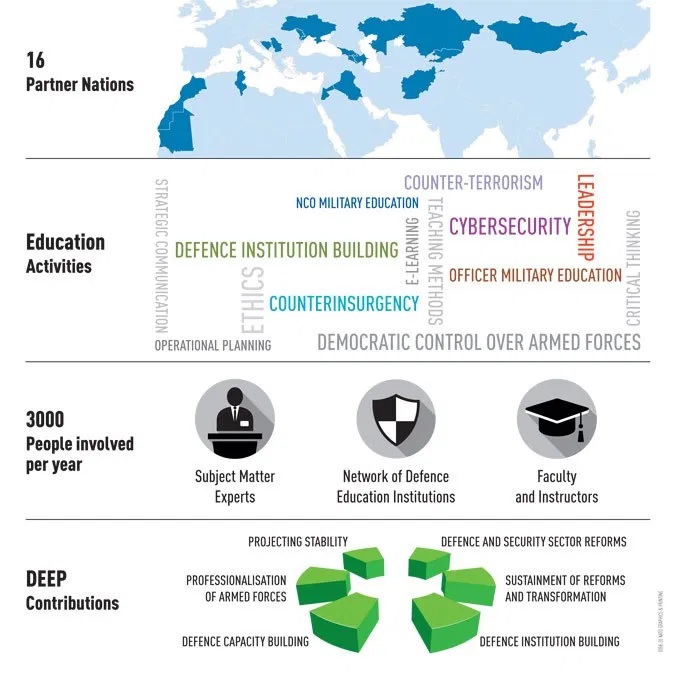 The Extraordinary General Assembly of the World Intellectual Property Organization (WIPO) has called a diplomatic conference next month in Marrakesh, Morocco, to conclude a treaty for visually impaired persons with print disabilities. The treaty holds promises to usher in a “more flexible copyright regime adapted to current technological realities” and will benefit over 300 million blind or visually impaired people. Home to one-fourth of the world’s visually-challenged persons, India has already amended its copyright law to permit visually impaired persons to convert any book into accessible formats without copyright permission from publishers. It should play a key role in negotiating a historic international treaty that ensures that the community’s access to globally-published material is not stymied by copyright rules.
The Extraordinary General Assembly of the World Intellectual Property Organization (WIPO) has called a diplomatic conference next month in Marrakesh, Morocco, to conclude a treaty for visually impaired persons with print disabilities. The treaty holds promises to usher in a “more flexible copyright regime adapted to current technological realities” and will benefit over 300 million blind or visually impaired people. Home to one-fourth of the world’s visually-challenged persons, India has already amended its copyright law to permit visually impaired persons to convert any book into accessible formats without copyright permission from publishers. It should play a key role in negotiating a historic international treaty that ensures that the community’s access to globally-published material is not stymied by copyright rules.
Considering that a mere 5 per cent of all published books are available in accessible formats for print disabled people across the world, it is heartening that despite initial objections from the US, a draft text of a Treaty to Facilitate Access to Published Works by Visually Impaired Persons and Persons with Print Disabilities has been prepared for adoption at the WIPO conference in Marrakesh. One of the main aims of the proposed treaty is to facilitate the cross-border transfer of copyrighted works that have been adapted to benefit visually impaired people. Currently, books in accessible formats cannot legally cross borders, since exceptions provided in national legislations do not justify the exchange, import and export of adapted works between different countries. The fears of copyright holders that excessive flexibility would result in accessible format copies being used by readers and then re-sold to developed countries’ markets need to be addressed.
There cannot be a foolproof solution to every problem while working out a treaty, but that there is an honest effort to prevent abuse of the provisions by vested interests is a very encouraging sign in an agreement that would be a major breakthrough for the visually impaired.




